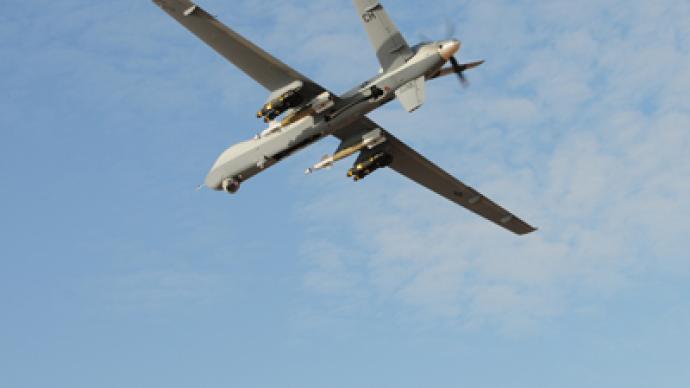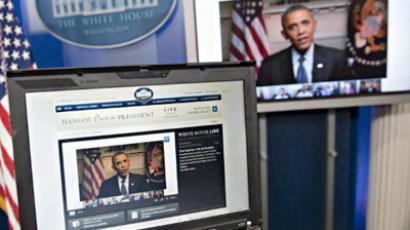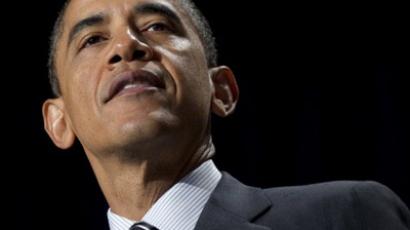Air Force abandons $3 billion worth of drones

It has been quite an expensive week for the US Air Force. Not only did Congress halt funding on a surveillance blimp project that they already invested $140 million in, but now the Pentagon says $3 billion worth of drones could be canned as well.
The United States military has already ordered a dozen unmanned surveillance drones at a combined cost of $3 billion, but realizing that the stealth, high-tech spy crafts aren’t as capable as the antiquated, old-school planes already in their arsenal, the Pentagon is pulling the plug in terms of acquiring any more.In addition to ending the acquisition of Global Hawk Block 30 drones that the military had planned for, the Air Force will take the 18 they’ve already received, leaving them to hang around the hangar for now.Air Force Gen. Norton Schwartz and Air Force Secretary Michael Donley told a Senate committee this week that between acquiring any more drones and maintaining upgrades and repairs on those and the ones already purchased, the military would practically go bankrupt. Gen. Schwartz says that the new plan will save the Pentagon $2.5 billion, but will also lead the Defense Department to let the $3 billion worth of surveillance drones already under their command to just collect dust from now on."This was a choice [where] we had an asset that can do the mission as it's currently specified and could do it overall at much less cost," Schwartz said before the Senate this week. "Sustaining the U-2 was a better bet."The United States has been relying on U-2 for sky-high surveillance since the early Cold War years, and still substantially uses them overseas. While the Air Force will have to continue to fund upgrades on those aircraft, Gen. Schwartz says it will outweigh the cost of adding any more drones — and regularly repairing what the military already has.Some are saying that putting pilots in the sky aboard 50-year-old airplanes isn’t the best thing to do, though. With a hefty price tag of around $176 million apiece, the DoD is weary of purchasing anymore of those planes. Those drones don’t need humans in the cockpit, however, but the cost of lives isn’t worth the $3 billion to the Pentagon, it would seem.Northrop Grumman, the manufacturer of the Global Hawk Block 30, has issued a statement saying that they are disappointed in the Air Force’s decision to discontinue the drone program."Global Hawk is the modern solution to providing surveillance. It provides long duration persistent surveillance, and collects information using multiple sensors on the platform," the statement says. "In contrast, the aging U-2 program, first introduced in the 1950s, places pilots in danger, has limited flight duration and provides limited sensor capacity. Extending the U-2's service life also represents additional investment requirements for that program."Schwartz adds to the Senate that the Air Force will continue using other drones despite this decision, adding that other Global Hawk crafts are easier and cheaper to maintain than the Block 30s. "We're not giving up on the Global Hawk by any means," says Schwartz.The news comes only days after it was revealed that the Air Force downed not just a fleet of F-22 fighter jets worth $77.4 billion (again), but the Pentagon has also pulled the plug on its Blue Devil Block 2 project. That program was being waged to acquire a different type of surveillance craft — a 370-foot-long blimp — that they’ve already invested $140 million on already.















